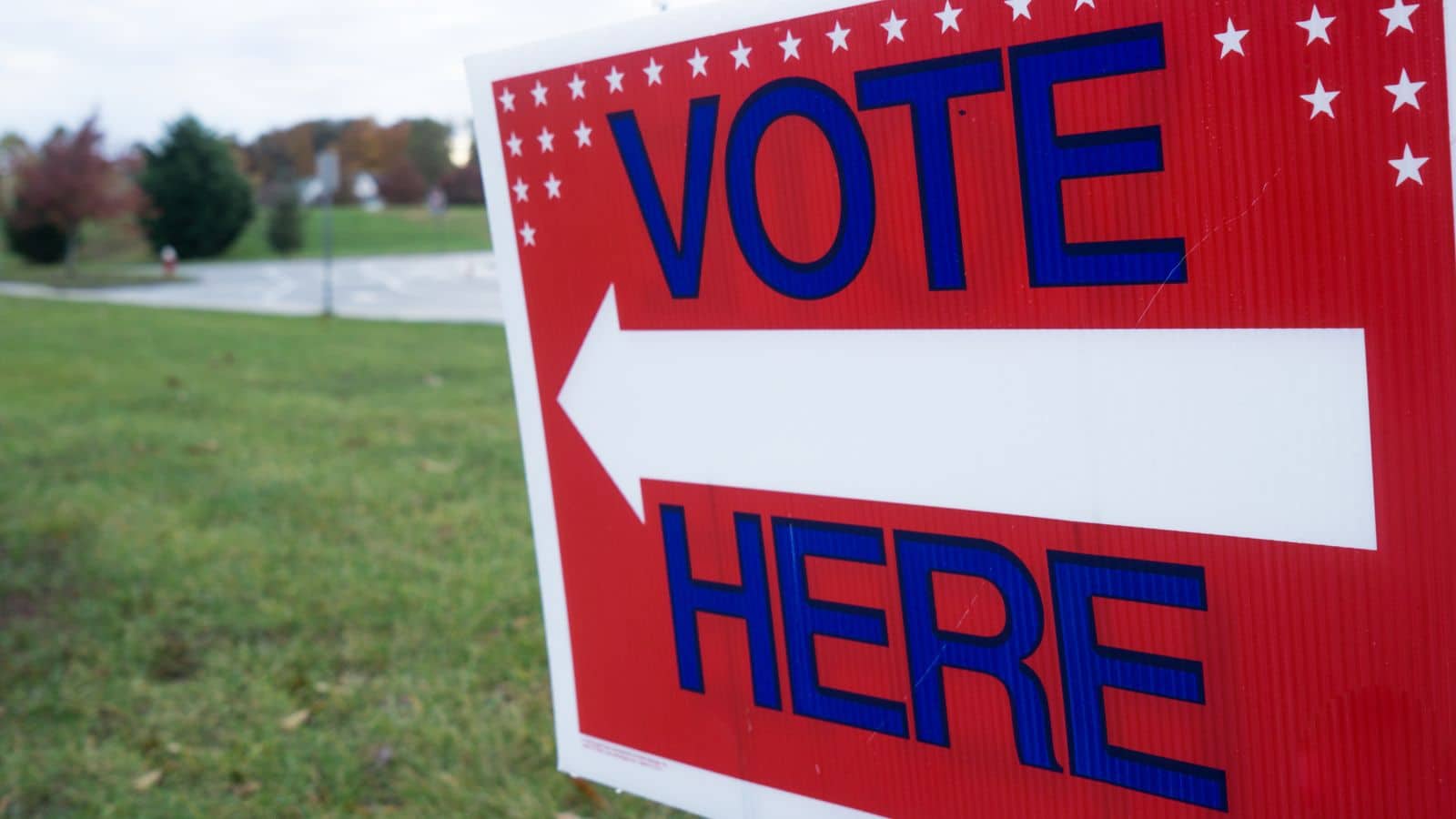April 2, 2023
Chairman Dwight Tosh
Arkansas House
Little Rock, AR 72201
Re: SB 71
Chairman Tosh and members of the Arkansas House:
Thank you for the opportunity to support of SB 71. My name is Joshua Thompson and I am the director of legal operations at Pacific Legal Foundation. PLF is a nonprofit law firm that defends people from government overreach. We were founded 50 years ago by staffers for then California Governor Ronald Reagan. We are now a nationwide organization. We had our fifteenth win in the U.S. Supreme Court just last week and we have two more cases pending before the Court this term.
While many elected officials complain about the use of race to divide the American people, few are taking action. Senate Bill 71 is an opportunity for Arkansas lawmakers to lead by example and ensure the state of Arkansas does not discriminate based on race.
A core principle of American constitutional and civil rights law is that the government treat individuals as individuals and not merely as representatives of their race, sex, color, ethnicity, or national origin. Government racial or ethnic classifications, for example, are only constitutionally or morally justified when they are narrowly tailored to serve a compelling government interest. Remedying specific government wrongs against identifiable individuals qualifies as compelling, but almost nothing else does. Unfortunately, race and sex discrimination by government, especially through racially preferential government programs, are widespread and seem to be growing in number and scope every day.
SB 71 aims to correct the harms of sweeping preference programs and revive the constitutional ideal of equality before the law. SB 71 is based on prohibitions on racial discrimination and special preferences in nine states that began with the California Civil Rights Initiative, sometimes known as Prop 209. It prohibited race, ethnic, and sex preferences in public contracting, public employment, and public education in California. Arizona, Michigan, Nebraska, Oklahoma, and Washington have since adopted amendments to their state constitutions nearly identical to Prop 209. Florida, New Hampshire, and Idaho effected similar reforms by statute or gubernatorial order.
We support the language of these reforms because it is simple, effective, and has withstood constitutional challenges.
SB 71 contains several limited exceptions, such as permitting preferences when necessary to be eligible for a federal grant, and some useful clarifications, like permitting the use of sex in public employment when sex is a bona fide occupational qualification. SB 71 includes these exceptions and clarifications because they help resolve common objections to prohibitions on preferences.
California’s Prop 209 passed in 1996 with 54% of the vote. In 2020 there was a $25 million campaign to repeal Prop 209 that failed. And it was not just conservatives who oppose government discrimination. In the same election that elected a Democratic governor and a Democratic supermajority in both legislative chambers, 57% of California voters chose to uphold Prop 209 and continue California’s prohibition on government discrimination.
Ending racial discrimination should be a shared goal, and as The United States Supreme Court has noted, “The way to stop discrimination on the basis of race is to stop discriminating on the basis of race.” Parents Involved in Community Schools v. Seattle School Dist. No. 1, 551 U.S. 701 (2007). SB 71 stops the government from discriminating on the basis of race.
I urge the passage of SB 71.
Respectfully,
Joshua Thompson
Director of Legal Operations
Pacific Legal Foundation




